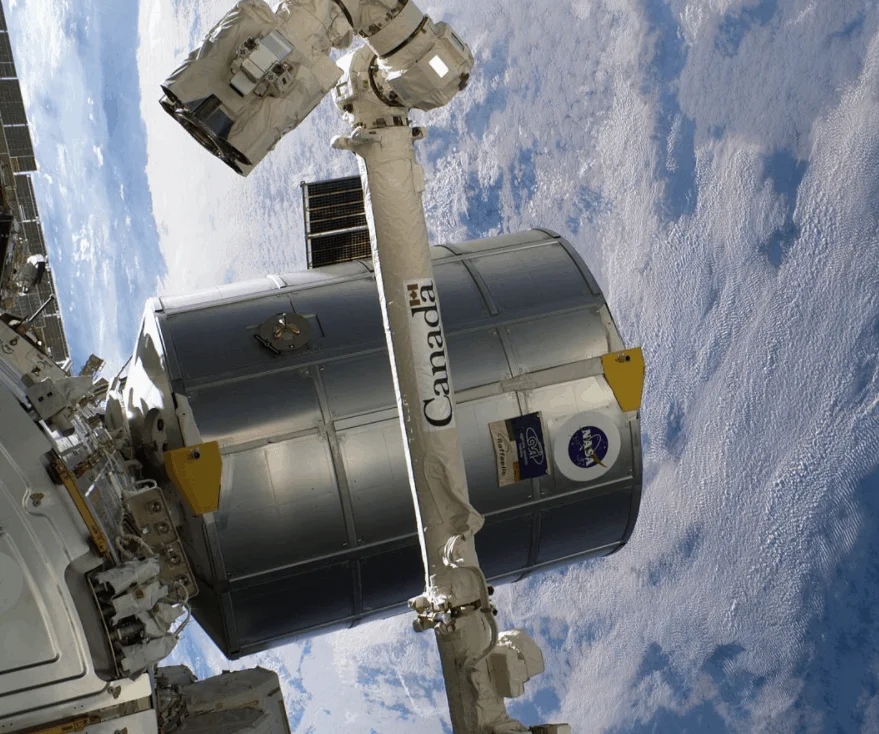He’s considered to be one of the most influential sculptors and artists of the Renaissance, and in this post, you’ll discover the ultimate list of facts about Donatello.
Related: Check out Donatello’s most famous sculptures!
1. Donatello isn’t his real name
Donatello was born as “Donato di Niccolò di Betto Bardi” in Florence, Italy, most probably in the year 1386. Donatello was his nickname, given to him by his family as a child.
Very little evidence remains about his early years. For this reason, it’s not even sure if the year 1386 was actually the year he was born in.
2. He was the son of a wool merchant
What is certain is the fact that his father, named Niccolò di Betto Bardi, was a successful wool merchant and a member of the Florentine Arte della Lana, the wool guild in the city.
This guild was established in the late Middle Ages and established its headquarters, referred to as the guildhall, and named the “Palazzo dell’ Arte della Lana,” back in 1308.
This building still exists in Florence today!

3. He was trained as a goldsmith
The fact that his father was a successful merchant and had ties with the Powerful Florentine Medici family didn’t just help Donatello later on in life by the fact that he easily acquired commissions, it also helped him to get a proper education.
As a child, he was educated in the house of the Martelli family and received training as a goldsmith, a skill he would later use to get a job before he fully focused on becoming an artist.
4. He could make sculptures with multiple materials
One of the most fascinating facts about Donatello is that he wasn’t limited to one material when it came to creating sculptures. He used various materials to produce some of the most amazing works of art in history.
These materials included stone, bronze, wood, clay, stucco, and wax.
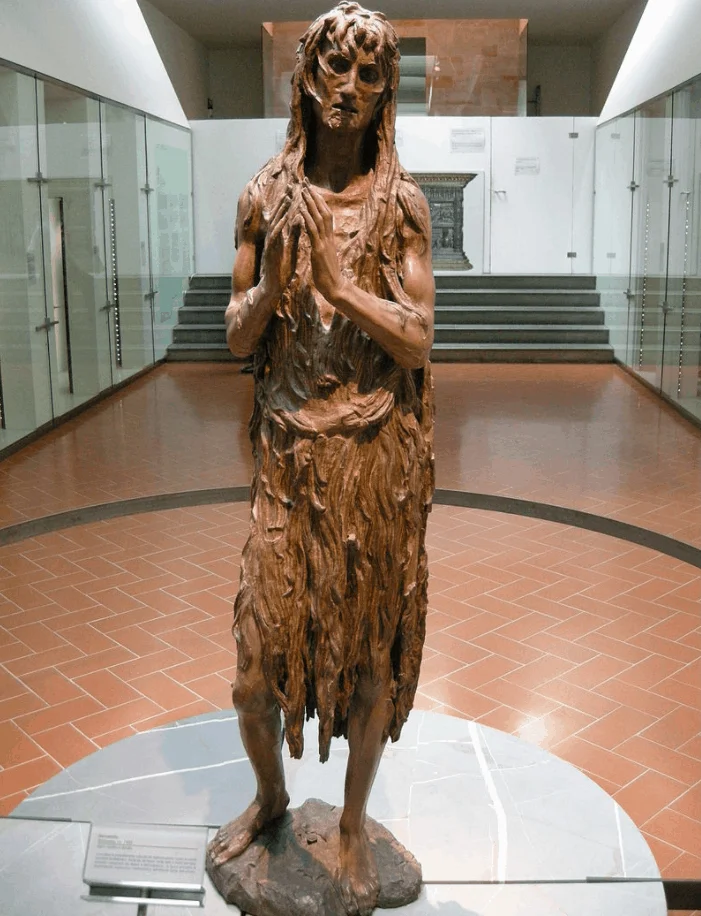
5. He surrounded himself with handsome assistants
According to various sources, Donatello didn’t make a secret of his homosexuality. During the Middle Ages, he would have probably been executed because of this, but in the Renaissance, this was quite fine in Florence.
He also had a habit of surrounding himself with assistants, who were preferably handsome and had the same sexual orientation as himself.
We can only assume that he really turned his hobby into his profession when he used his talent to sculpt amazing-looking male figures, which he did prolifically.
6. He worked together with a famous architect in Rome
In his late teens and early twenties, Donatello had the opportunity to work together with one of the best architects in history named “Filippo Brunelleschi” in Rome between 1404 and 1407. He is often referred to as the “Founding father of Renaissance architecture,” and one of the first people in the world to be considered an “engineer.”
His most famous work is the dome of the Florence Cathedral, one of the most fascinating landmarks and most famous churches in the world.
He got his inspiration for this famous dome while studying classical monuments and art together with Donatello, most notably the dome of the Pantheon in Rome.
It’s fair to conclude that their trip together to Rome had a profound influence on modern art and architecture!
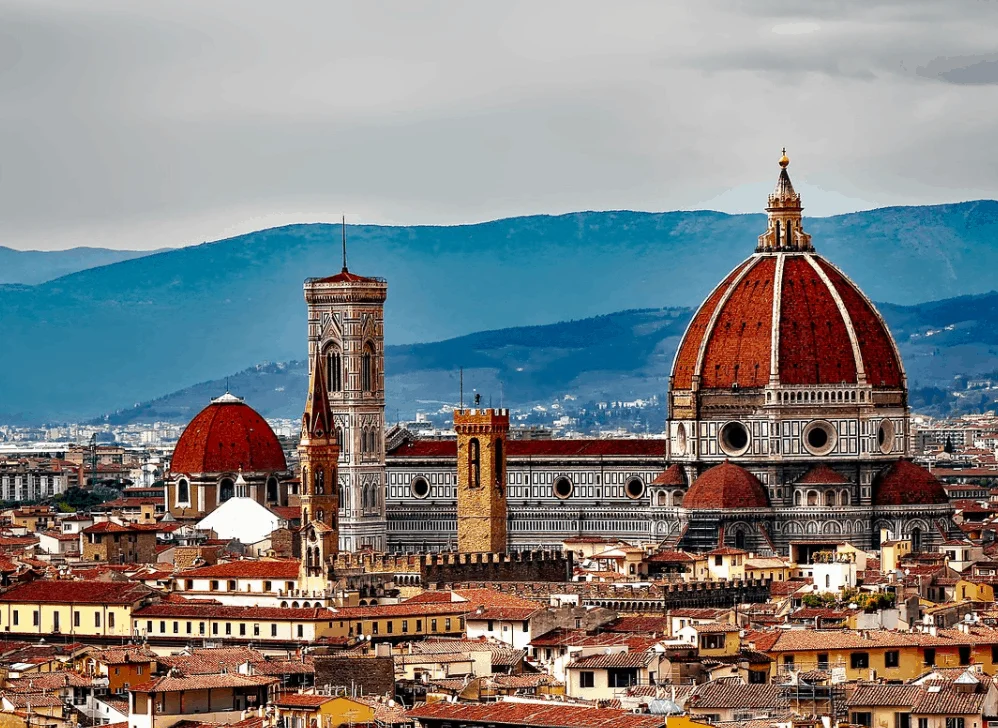
7. He assisted the creator of the “gates of Paradise”
One of the most remarkable facts about Donatello is that he had worked together with the main rival of Brunelleschi named Lorenzo Ghiberti.
The latter had won a competition to create two bronze doors for the Florence baptistery back in 1401, and Donatello was included in the workshop he set up along with multiple other artists.
Donatello worked in this period on statues of prophets for the north door of the Baptistery of the Florence Cathedral, while Ghiberti completed the bronze doors which would later be described by Michelangelo as the “gates of paradise.”
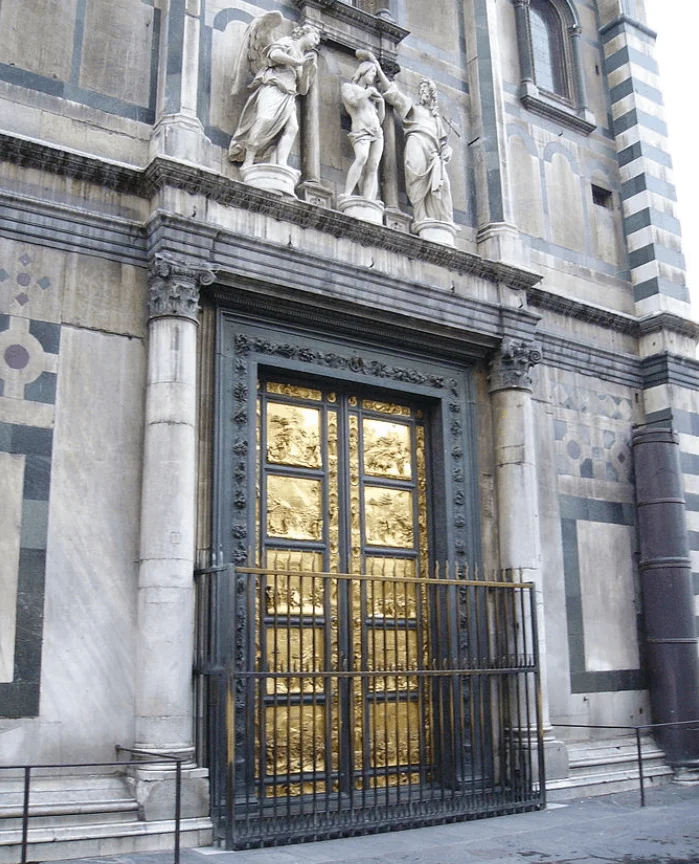
8. His first major work was a seated statue of Saint John the Evangelist
His first major commission as an artist was a massive statue of Saint John the Evangelist. This statue used to be located on the main façade of the old cathedral in Florence until 1588.
This statue, which is now located in the “Museo dell’Opera del Duomo” in Florence, combines elements of Gothic Mannerism and the naturalism that would define the Renaissance later on.
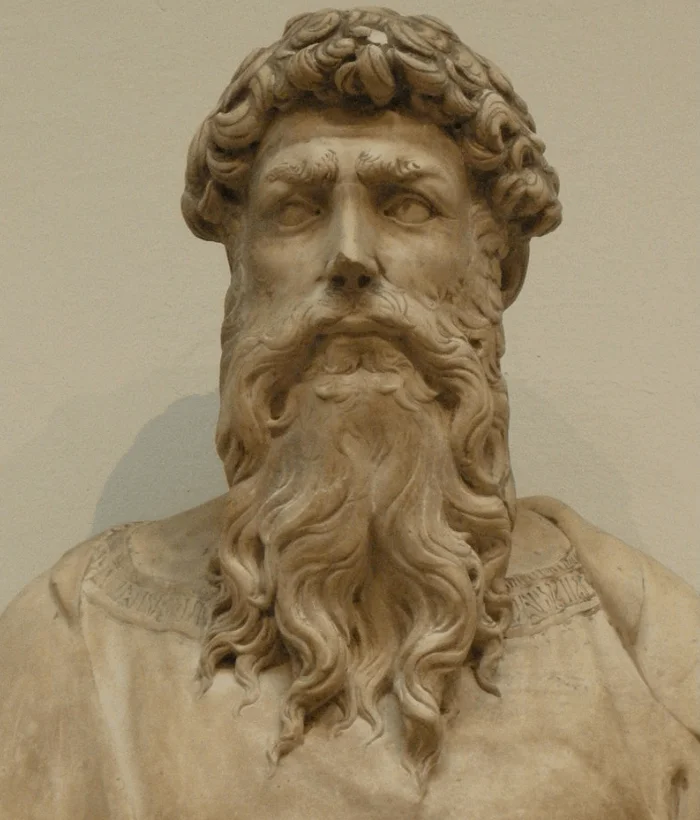
9. He created the “first Renaissance monument” between 1411 and 1413
While the sculpture of Saint John the Evangelist can be considered a transition work, the sculpture of Saint Mark can be considered as the completion of the transition from idealization to realism.
Therefore, has been described by Renaissance scholar Gene A. Brucker as the “first Renaissance monument.”
It was completed in the year 1413 and is now located in the Orsanmichele church in Florence.
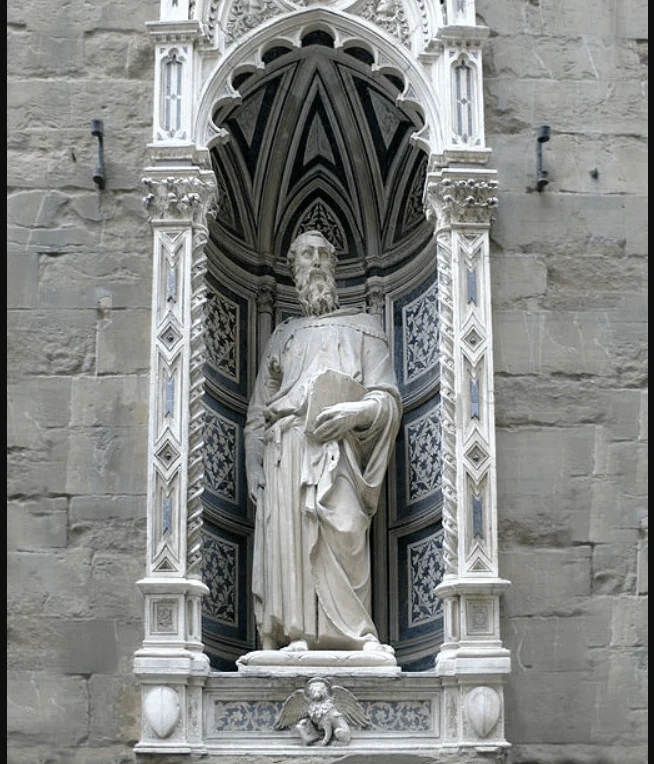
10. A bronze statue of David is his most famous work
One of the most famous statues in the world is definitely the statue of David by Michelangelo, which is considered to be the ultimate masterpiece of the Renaissance and one of his most famous works as well.
Donatello’s David is likewise the most famous sculpture of the artist. This bronze masterpiece, which was completed in the 1440s (the exact date is unknown), was the first free-standing nude sculpture created since antiquity.
More importantly, it was more of an allegory of the famous story of David and Goliath, depicting David completely differently than the brutal depictions of earlier artists.
It was originally commissioned by Cosimo de’ Medici to decorate the courtyard of his Palazzo Medici but is now located at the Bargello Museum in Florence.
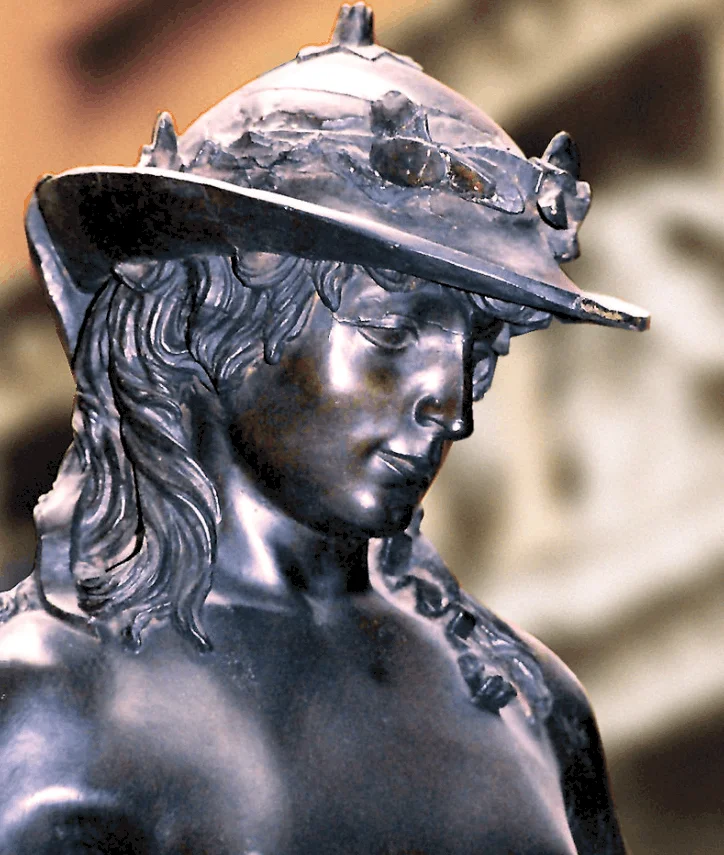
11. He revived ancient sculpture with this equestrian statue
Another interesting fact about Donatello is that he created another type of sculpture in the 1450s that hadn’t been created since antiquity.
The “Equestrian statue of Gattamelata,” which was completed in 1453, is located in front of the Basilica of St. Anthony in Padua and has been the main influence for all other equestrian statues all across Europe!
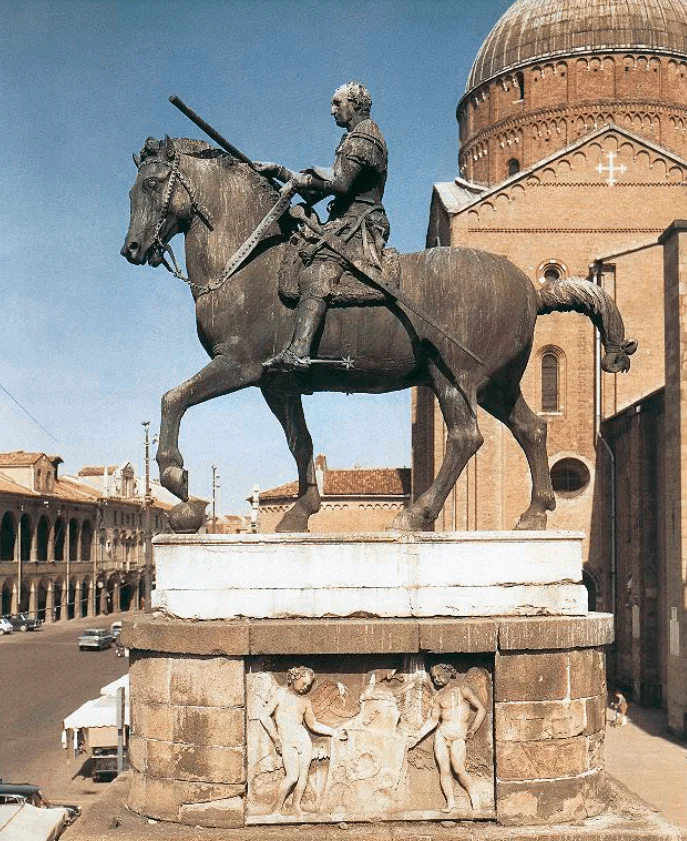
12. Most of his works can be found in Florence and Rome
Did you notice yet?
All of Donatello’s works mentioned so far are located in Italy. Does this mean that there aren’t any of his works in other European countries or the United States?
A roundel named “Virgin and Child with Four Angels” is located at the Victoria and Albert Museum in London, and one of his famous works is located in the United States.
The “Madonna of the Clouds,” a marble relief, can be found in the Museum of Fine Arts in Boston!
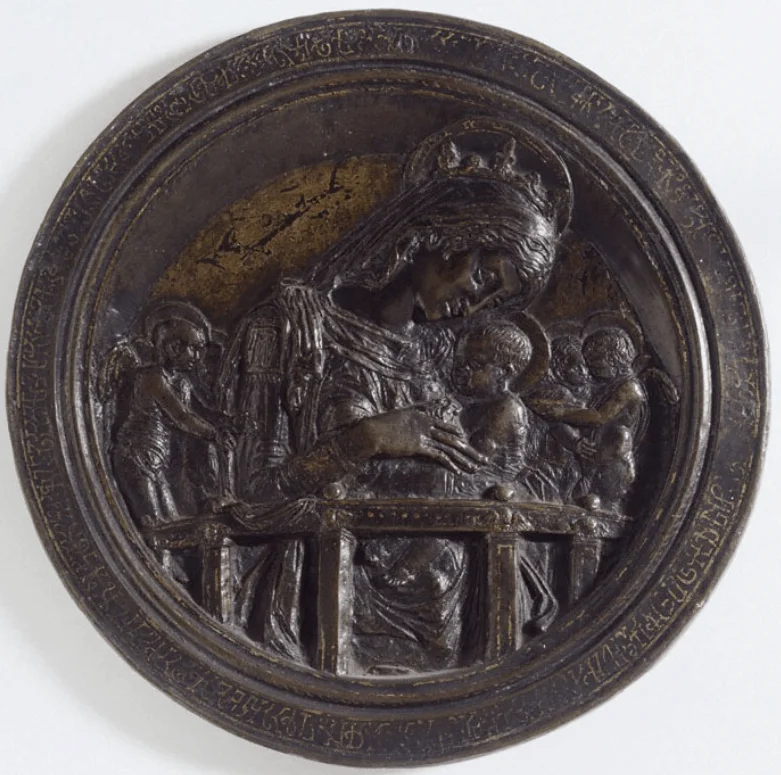
13. He created his very own style to create reliefs
Another one of those amazing facts about Donatello is that he literally created his very own style of relief sculpture. This style is referred to as “Stiacciato” and is defined by the fact that he carved only millimeters deep.
This gives the illusion of greater depth while still allowing the artist to use perspective.
14. The Italian Space Agency built a logistics module bearing his name
We all know that the Teenage Mutant Ninja Turtles were named after the famous Renaissance artists da Vinci, Raphael, and Donatello. But did you know that the Italian Space Agency named logistic containers after these artists as well?
The “Donatello Multi-Purpose Logistics Module” (MPLM) was once used by NASA to transfer supplies and equipment to and from the International Space Station.
Just like the famous turtles, the others were named Leonardo and Raffaello as well!
